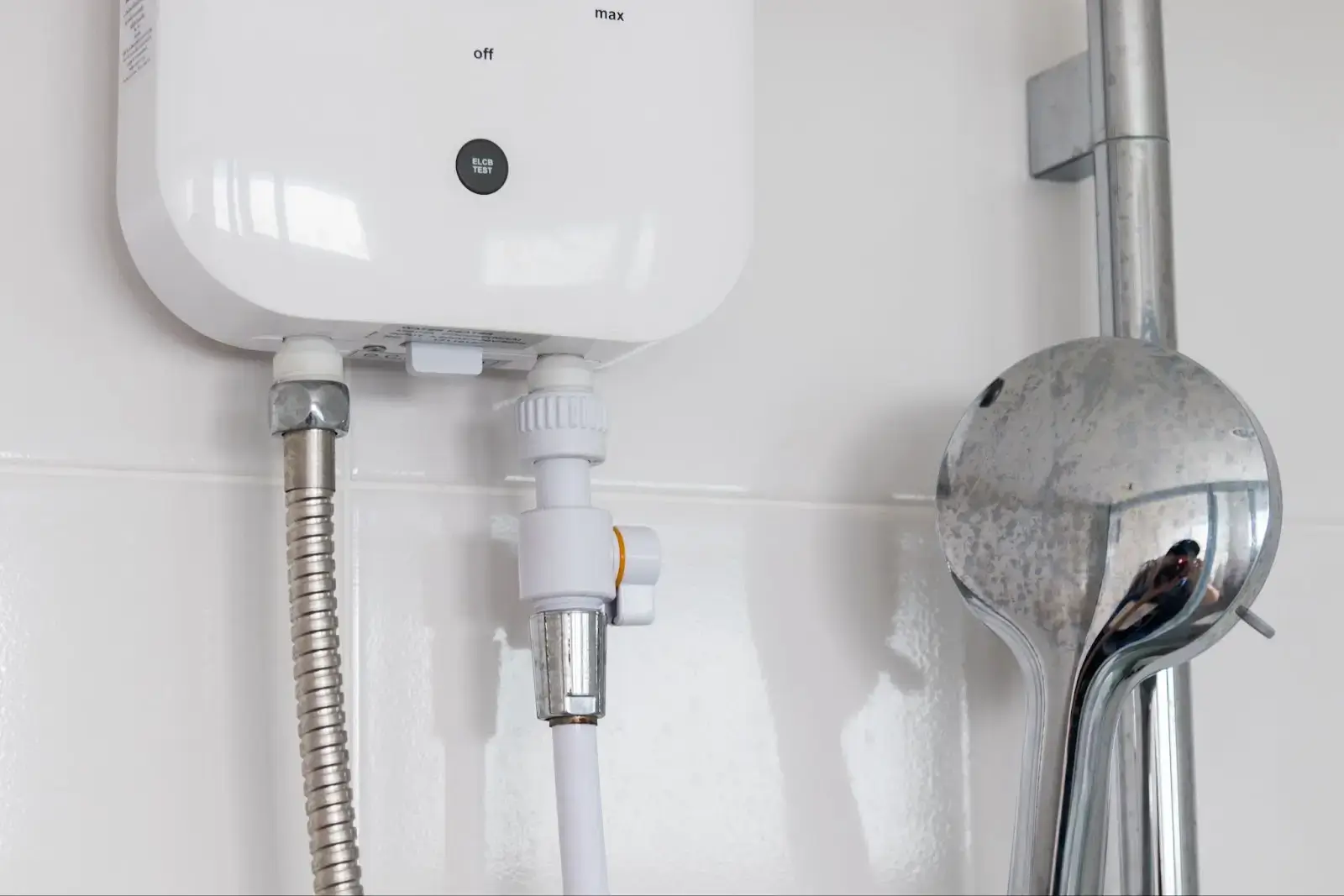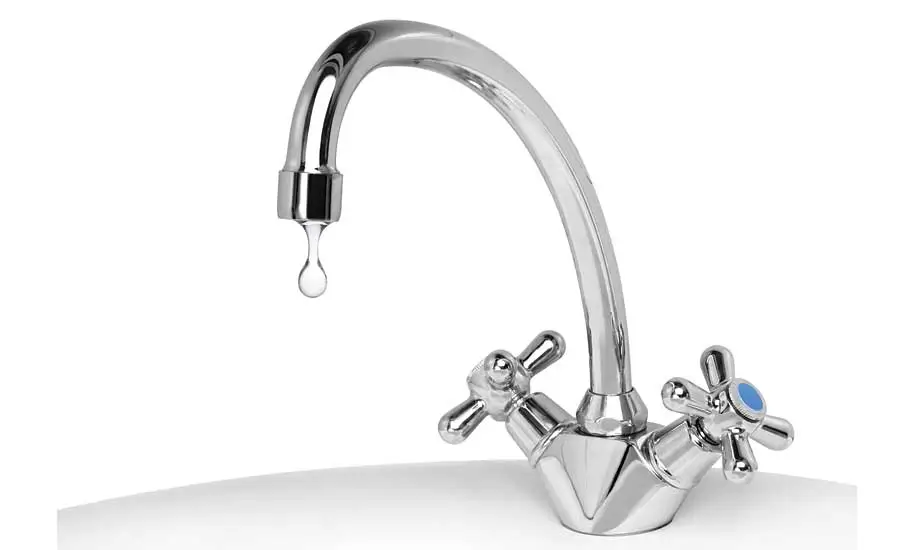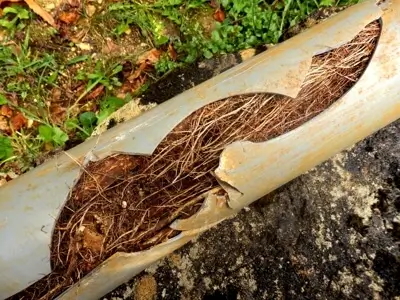Indoor Air Quality (IAQ) is used all over the world to define the quality of air within and surrounding indoor environments.
If you're sitting comfortably in your home or office thinking you're protected from industrial smoke, smoke-belching cars, and any other secondhand smoke outside, guess again.
Your doors and windows can't protect you from all of it indoors. Poor indoor air quality isn't all thanks to outdoor air pollution.
In fact, indoor air quality problems can arise when too little outdoor air flows in and becomes troublesome when it undergoes insufficient filtration.
Your overall Indoor Air Quality (IAQ) heavily depends on air filters and the quality of their maintenance.
What Causes Poor Indoor Air Quality?
Your heating and cooling systems facilitate a lot of airflow in and out of your home. Natural and mechanical ventilation systems also manage air exchange.
What they each have in common are filtration systems.
Like some doors and windows, even natural ventilation systems have screen attachments to keep air contaminants out and away from your living space.
Still, even the most versatile mechanical ventilation devices with sophisticated air filters won't be able to keep out all that outdoor air pollution.
Additionally, while they strive to filter the outdoor air coming indoors, they are also responsible for managing indoor air pollutants.
Properly air-conditioned outdoor air may improve indoor air quality. However, common indoor air pollutants depend on your indoor habits more than the outdoor air quality coming inside.
Indoor Habits That Affect Indoor Air Quality
While some of these harmful habits might seem obvious, some might surprise you.
- Smoking indoors
- Improperly adjusted gas stove
- Chemical pollutants (i.e., carbon monoxide)
- Mold growth
- Pet dander
- Dust
- Dust mites
- Inadequate ventilation
Some things on the list can seem harmless, but they can lead to poor indoor air quality over time. Your chronic or prolonged exposure to an indoor environment with poor air quality can lead to serious health and comfort problems.
Indoor air pollution is one of the most overlooked leading causes of respiratory diseases and other health problems.
The Science Behind IAQ
The United States Government warns Americans against poor ventilation and indoor air pollution.
The Environmental Protection Agency (EPA) has released plenty of studies regarding the ramifications of poor IAQ.
In one of the agency's earliest studies, the most harmful indoor pollutants contain significantly more carbon monoxide.
Indoor environmental contaminants from cooking, burning firewood, lighting candles, and other ordinary habits produce butanal.
Butanal falls under Volatile Organic Compounds, one of the most common indoor air pollutants affecting your home's air quality.
The Environmental Protection Agency warns Americans against the habits that increase indoor pollutant levels.
The United States Government has already banned indoor smoking in public and federal indoor spaces under the advisement of the World Health Organization (WHO) in August 1997.
However, the Executive Order does not apply to private properties such as residential homes. It does extend to most building occupants.
The National Institute for Occupational Safety and Health (NIOSH) backs the smoking ban in shared indoor spaces, such as office buildings and commercial establishments.
While the National Institute for Occupational Safety and Health doesn't condone smoking in enclosed spaces due to the many health problems secondhand smoke is linked to, it advocates for more than just the smoking ban to improve indoor air quality.
According to the institute, mold growth is another leading cause of respiratory diseases.
What's Mold Growth Got to Do with It?
Healthy indoor environments have air handling systems that continuously remove indoor air allowing enough outdoor air to take its place. The consistent air movement prevents air pollution from building up inside.
However, the air with relative humidity carrying indoor air pollutants can blow through natural ventilation systems and increase indoor pollutant levels.
Indoor environments with inadequate ventilation are even worse for indoor air quality problems related to mold and mildew.
Mold spores are potentially the most harmful of all indoor pollutants. They do not only produce specific health problems that pose greater hazards like lung cancer, but they can damage everything in your home.
Be wary of hiring any contractor to work on your home. Sometimes, "more affordable" really means "less reliable."
If any of your home's building materials contain mold growth, it can spread quickly through your home, especially when they get caught by your air handling systems.
The Importance of Air Handling Systems
You must identify indoor air sources where outdoor air enters and keep up with the routine maintenance of all your cooling systems.
Artificial air handlers are prime environments for various bacteria and viruses to breed.
Dark, damp, warm, and undisturbed. It is the most hospitable environment for pollutants to cause contamination.
In compliance with the Centers for Disease Control and Prevention (CDC), the National Institute for Occupational Safety and Health has put together an Action Plan that requires building occupants, facility operators, and landlords to abide by specific standards for Preventive Maintenance.
The Building Air Quality - Action Plan: Section 5 states that a daily/weekly/monthly schedule be set for the individual examination and maintenance of HVAC components to ensure each system provides sufficient ventilation during more significant occupancy rates.
The National Institute for Occupational Safety and Health also specifies that building operators must hold the frequency of housekeeping to the NIOSH standards, including routine cleaning of natural ventilation systems.
The volume of indoor air pollutants depends on how well you maintain all of your air handling systems. Poor indoor air quality can be attributed to the inadequate maintenance of all systems that facilitate air.
What Role Does Your Home's Air Exchange Rate Play in Indoor Air Pollution
While it seems impossible, healthy indoor environments are attainable!
The answer to poor indoor air quality can be remedying your home's inadequate ventilation. Natural ventilation and mechanical ventilation devices that intermittently remove air from enclosed spaces can greatly reduce the average pollutant concentrations found indoors.
The higher the outdoor ventilation rate, the better chances of maintaining a healthy air flow.
Based on the statistics collected by the Environmental Protection Agency and air samples that were taken from varying indoor spaces with air temperature differences. Those with a poorer air exchange rate showed higher rates of indoor air pollution.
Fresh air is typically the answer. However, it isn't always all fresh.
While a great air exchange rate is good, health problems may arise when severely polluted outdoor air enters your home.
Unfortunately, your home's building materials might not be doing you any better.
Building Materials and Air Pollution
Some fixtures produce various debris that collects within your air handlers.
Please don't even think of using air fresheners as a quick fix.
Like most aerosols and scented candles, the gases found in air fresheners can contribute to air pollution instead of inhibiting it.
That amazing tapestry you got from a trendy little antique shop? It might be collecting dust or releasing it into your air.
Allergy sufferers must keep their homes clean and tidy. Anything from candles to paintings and cement fundaments can release various debris.
Indoor air pollution is hiding behind many harmless objects.
Any fixture inside your home can produce significant air pollutants, especially those closer to your indoor air handling systems.
Healthcare professionals mention that air handlers' proper handling and maintenance can produce healthy air-conditioned outdoor air and significantly reduce indoor air pollution.
Poorly Maintained Air Conditioning
A poorly maintained AC unit can absorb various debris from building materials and outdoor air.
You must thoroughly clean its air filters. A proper inspection is best for HVAC systems, so you don't have to wait around for any distress signals such as unusual noises to give it a tune-up.
Like the human body, specialists must regularly examine all heating and cooling systems and mechanical ventilation devices. Twice a year is the bare minimum, but it's enough to save you from mid-season breakdowns and maintain healthy indoor environments.
Reach out to an HVAC specialist to give your air conditioner and air ducts a thorough inspection. Sometimes, less experienced technicians have trouble detecting the presence of mold.
It's imperative mold is dealt with as soon and thoroughly as possible. Even just a little bit of residue left behind is enough to start its growth again.
Any exposure to mold for long or repeated periods can lead to lung cancer and other hazardous health effects.
If you are looking for reliable contractors, we can help you with that.
Sunset Heating and Cooling Electrical
We at Sunset Heating and Cooling Electrical have helped remedy poor indoor air quality (IAQ) for the last one hundred years all around Oregon.
We provide only the most reliable and expert services to our clients.
The next time you think, "what is indoor air quality?"
The answer is "important."
Reach Out
If you have doubts about your indoor air quality, call us today.
We can help you understand what's triggering your allergies and give your air conditioning systems the tune-up it needs.
We can also help you adjust the flow of your ventilation systems to work in conjunction with your AC system against indoor air pollution.







